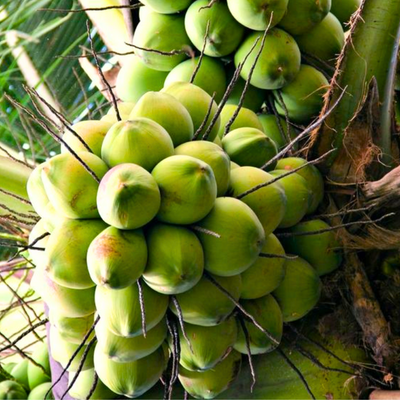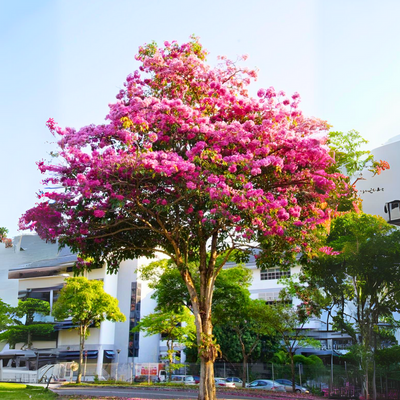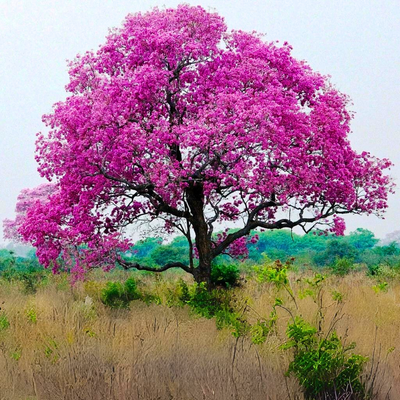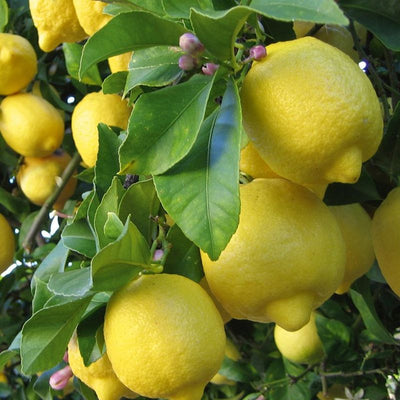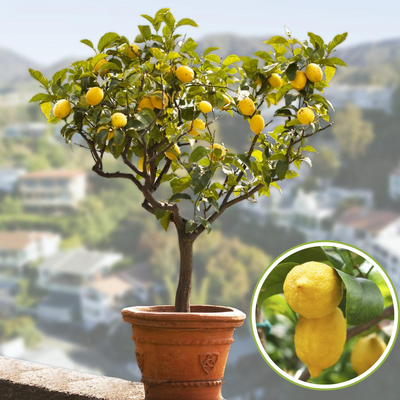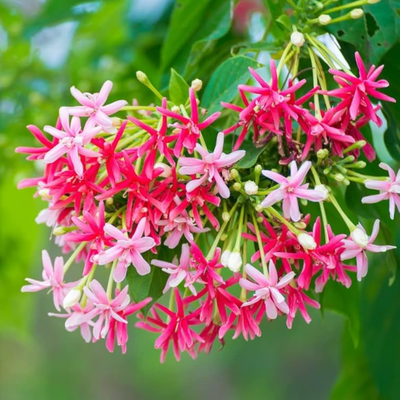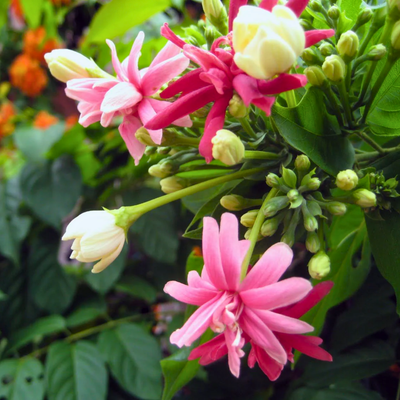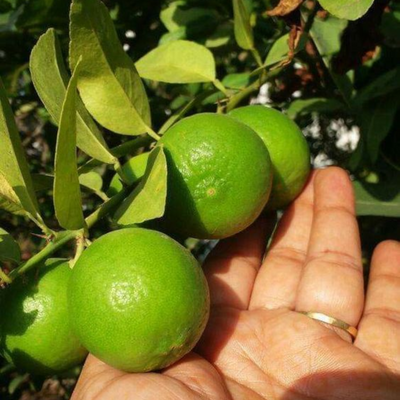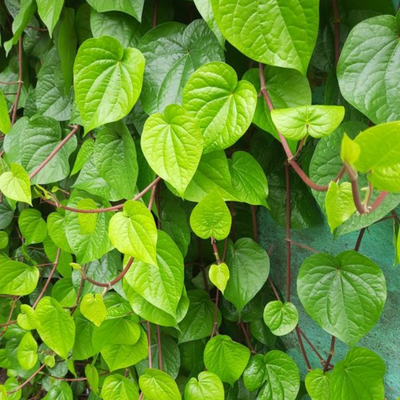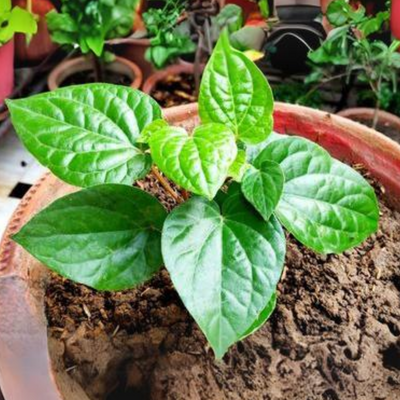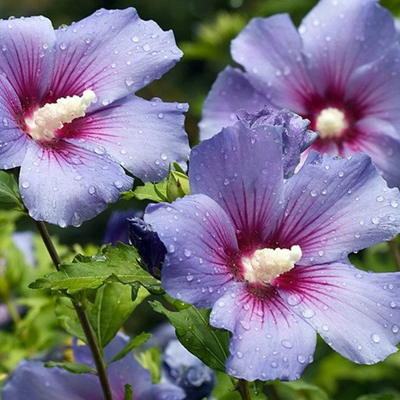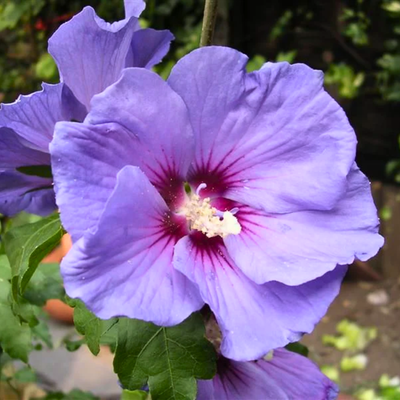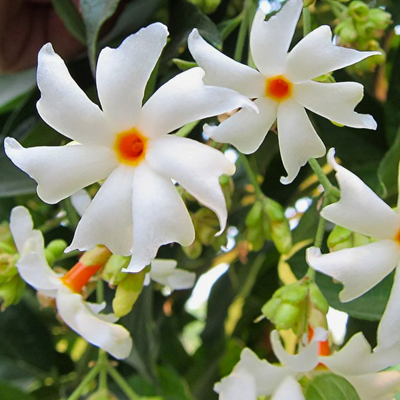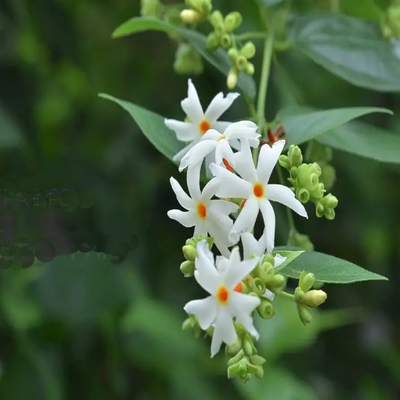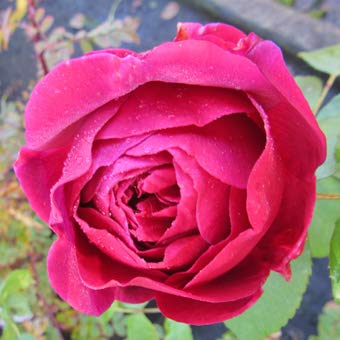
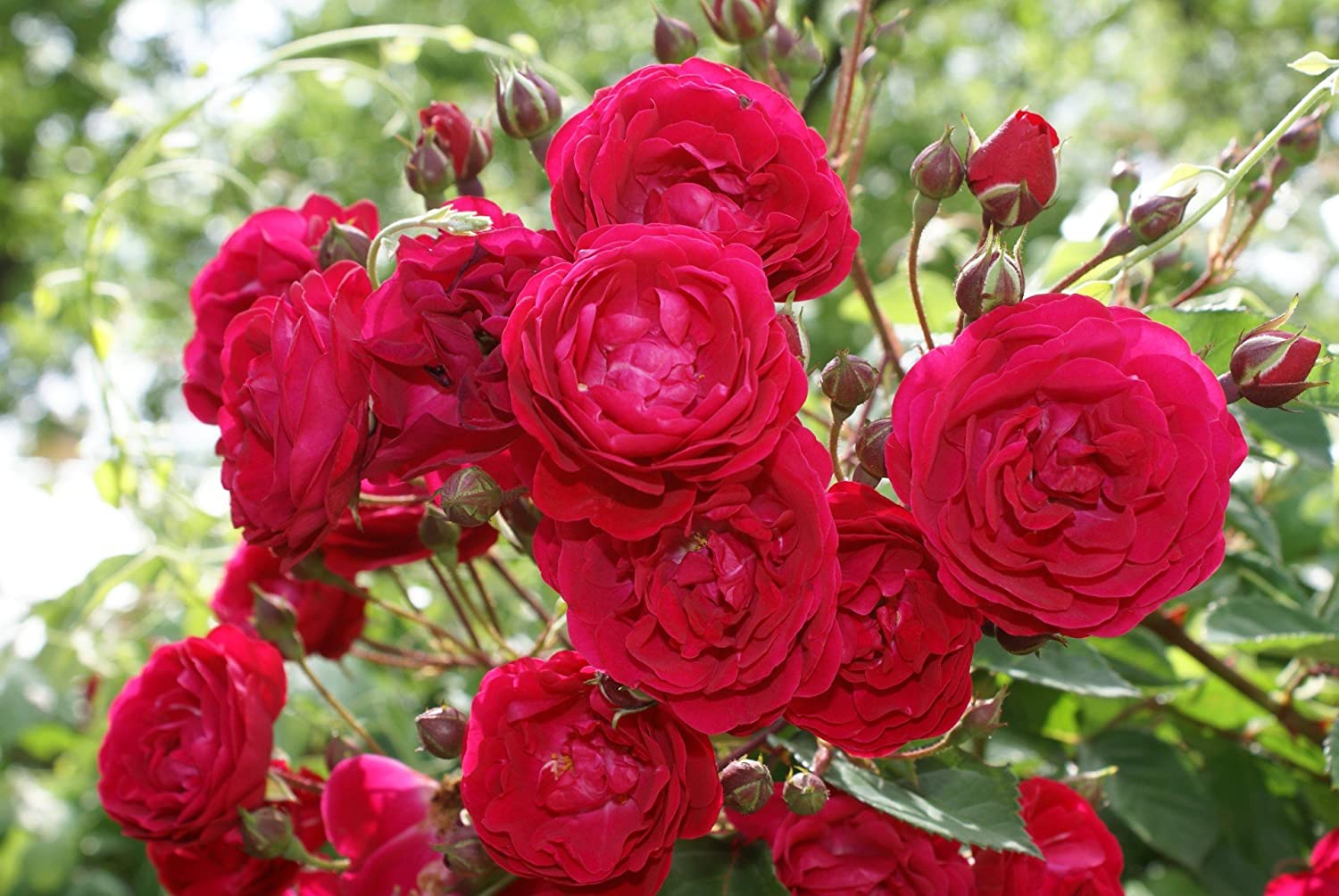
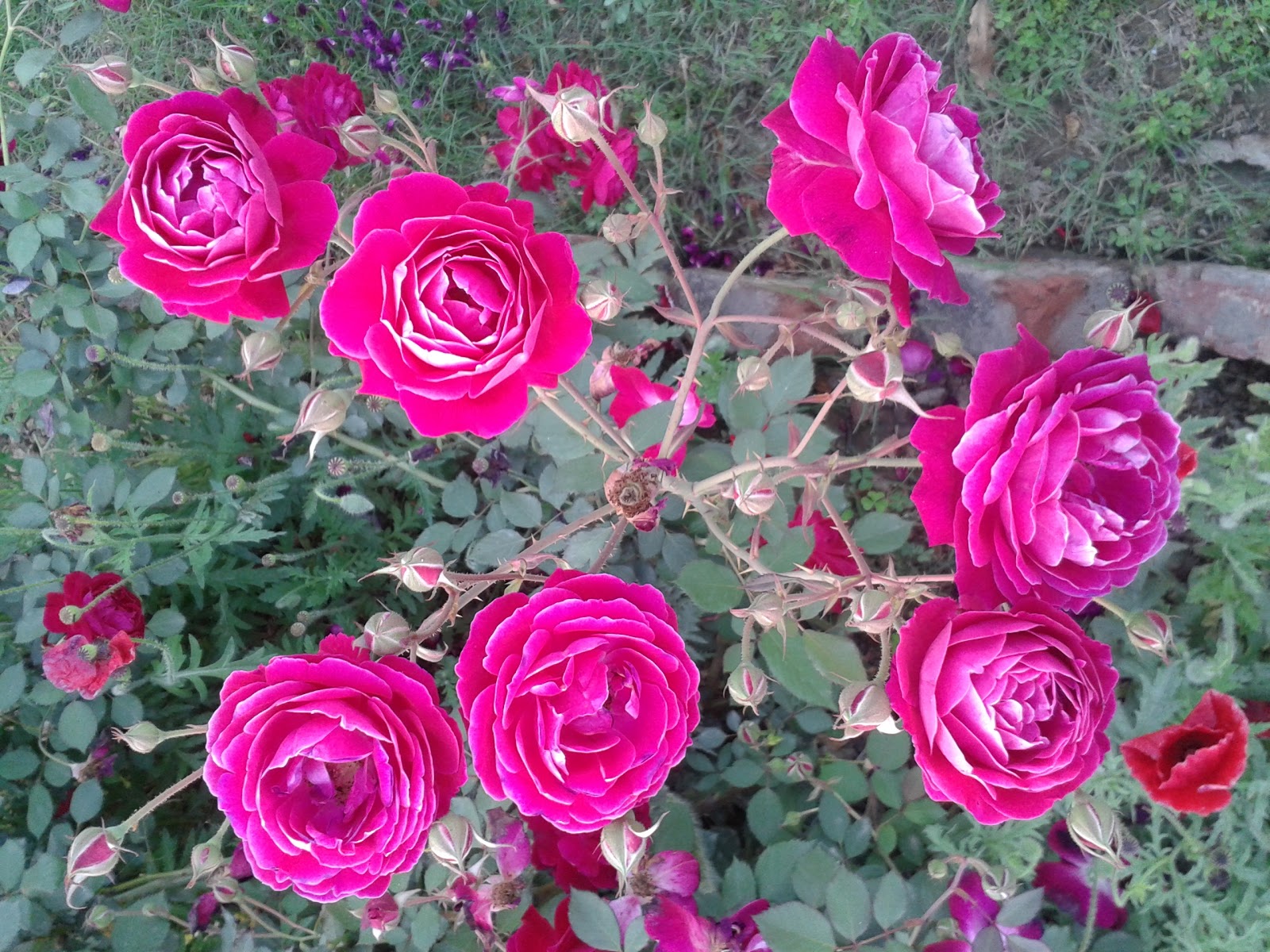
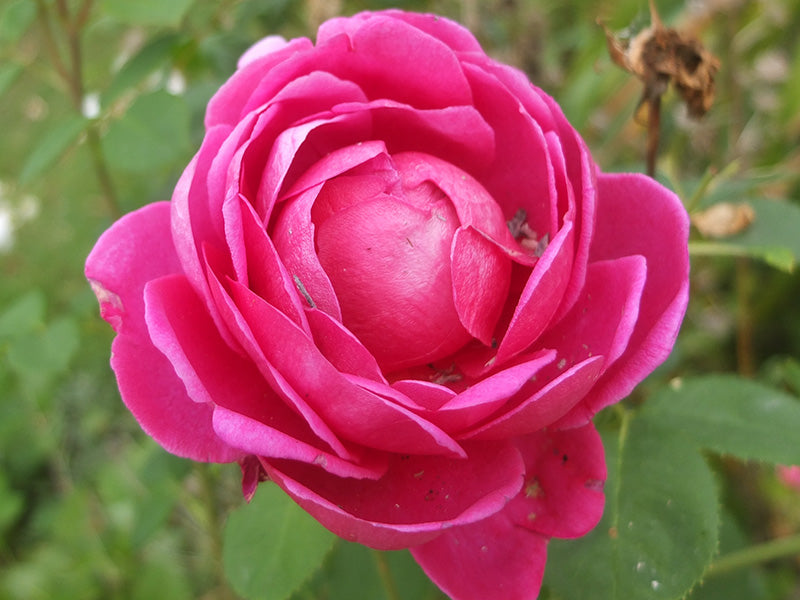
Live Red Fragrant Desi Rose Plant (Set Of 3 Plants)
Guaranteed Safe Checkout
Green Paradise Offers The Real Desi Rose
Of our Country.
The Desi Rose, scientifically known as Rosa indica, is a captivating flowering plant that holds a special place not only in gardens but also in the hearts of many. While it may not be as internationally renowned as its European counterparts, the Desi Rose is a symbol of beauty, cultural significance, and resilience, flourishing in the diverse landscapes of the Indian subcontinent. In this article, we'll take a closer look at this remarkable plant, its characteristics, cultural importance, and how to care for it.
The Allure of the Desi Rose: Characteristics and
Varieties
Appearance
- Desi Roses are known for their striking beauty.
- They typically bear single or semi-double flowers with shades of pink, red, or white.
- The petals are often beautifully fragrant, and their symmetrical arrangement gives the flower an aesthetically pleasing appearance.
- These roses can be grown both as shrubs and climbers, adding versatility to your garden.
Varieties
There are several varieties of Desi Roses, each with its own unique charm. Some notable ones include:
Gulab:
Known for its vibrant red color and delightful fragrance, the Gulab is a classic Desi Rose variety.
Guldaudi:
With its pale pink to white petals and a strong fragrance, the Guldaudi is another popular choice.
Laalima:
As the name suggests, this variety showcases deep red petals and is favored for its striking appearance.
Kapoori:
Featuring light pink petals, the Kapoori is often chosen for its sweet fragrance.
Muskaan: This variety is cherished for its multiple shades of pink and its mild, pleasant scent.
Cultural Significance: The Desi Rose in Tradition and Ceremony
- The Desi Rose has deep cultural roots in the Indian subcontinent.
- It is a symbol of love, purity, and devotion, and it plays a significant role in various traditions and ceremonies.
Here are some instances where the Desi Rose shines:
Weddings
- Desi Roses are a staple in Indian weddings.
- They are used in garlands, bouquets, and as decorations.
- The exchange of Desi Rose garlands between the bride and groom signifies their love and commitment.
Religious Offerings
- In Hinduism, roses, especially the red ones, are offered to deities as a sign of devotion and love.
- They are an integral part of religious ceremonies and rituals.
Medicinal and Ayurvedic Uses
- Beyond their aesthetic appeal, Desi Roses have medicinal properties.
- They are used in traditional Ayurvedic medicine for their cooling and soothing effects.
- Rose water, made from Desi Roses, is believed to have various health benefits, from skincare to stress relief.
Growing and Caring for Desi Roses
Desi Roses are relatively easy to grow, making them suitable for both seasoned gardeners and beginners.
Here are some essential care tips:
Sunlight
Desi Roses thrive in full sunlight. Insure they admit at least 6- 8 hours of direct sun each day.
Soil and Watering
Well-draining soil is crucial for these roses. Water them regularly, keeping the soil constantly wettish but not doused .
Pruning
Pruning helps maintain the shape of the factory and encourages new growth. Prune your Desi Rose after each blooming season.
Pest Control
Common rose pests such as aphids and caterpillars should be avoided. Use organic pesticides if necessary.
A Blossom of Culture and Beauty
- The Desi Rose is not just a flower; it's a testament to the rich cultural heritage of the Indian subcontinent.
- With its vibrant colors, enchanting fragrance, and profound symbolism, it continues to enchant gardeners and enthusiasts around the world.
- Whether you are drawn to its aesthetic appeal or its cultural significance, the Desi Rose is a flower that truly blossoms in every sense of the word.
- So, why not plant one in your garden and let its beauty and significance unfurl before your eyes?
Unlocking the Beauty of Desi Rose: A Guide to
Growing and Caring for Your Desi Rose Plant
Desi Rose, scientifically known as Rosa indica, is a delightful addition to any garden. This stunning flowering plant, native to the Indian subcontinent, is renowned for its vibrant blossoms and sweet fragrance. Growing a Desi Rose plant is a rewarding experience, and in this comprehensive guide, we will walk you through the steps to cultivate and care for this exquisite species.
Getting to Know Your Desi Rose Plant
Before diving into the specifics of growing and caring for your Desi Rose, it's essential to understand the plant's characteristics.
Here are some key features of this beautiful species:
Appearance:
Desi Rose plants typically grow to a height of 2-4 feet. They boast glossy green foliage and produce semi-double or double flowers that come in various shades of pink, red, and white.
Fragrance:
One of the most captivating aspects of the Desi Rose is its sweet and captivating fragrance. The scent varies slightly between different cultivars but is generally reminiscent of traditional rose perfumes.
Blooming Season:
Desi Roses are known to bloom profusely during the spring and early summer months. However, in favorable conditions, they may produce sporadic blooms throughout the year.
Selecting the Right Location
Choosing the perfect spot to plant your Desi Rose is crucial for its growth and overall health.
Here are some considerations:
Sunlight:
Desi Roses thrive in full sunlight. Insure they admit at least 6- 8 hours of direct sun daily.
Soil:
Well-draining soil with a slightly acidic to neutral pH (around 6.5) is ideal for Desi Roses. Amending the soil with organic matter like compost can improve its quality.
Spacing:
Plant your Desi Roses with enough space between them to allow for good air circulation, which helps prevent diseases.
Planting Your Desi Rose
Now that you've selected the perfect location, it's time to plant your Desi Rose:
Prepare the Soil:
Loosen the soil to a depth of about 12 inches and mix in compost or well-rotted manure to improve fertility.
Choose Healthy Plants:
Opt for healthy Desi Rose plants from a reputable nursery. Ensure they have strong stems and no signs of disease.
Make a Hole Make a hole slightly larger than the Plant's root ball.
Planting Depth:
Place the Desi Rose in the hole so that the crown (where the stems meet the roots) is at ground level.
Watering:
After planting, water the rose completely to settle the soil around the roots.
Caring for Your Desi Rose
Proper care is essential for the health and vitality of your Desi Rose:
Watering:
Water your Desi Rose regularly, especially during dry spells.insure the soil remains constantly wettish but not doused .
Mulching:
Apply a layer of organic mulch around the base of the plant to retain moisture and suppress weeds.
Fertilization:
Feed your Desi Rose with a balanced, slow-release fertilizer in the spring, just as new growth begins.
Pruning:
Prune your Desi Rose in late winter or early spring to remove dead or diseased wood and encourage new growth.
Pest and Disease Management:
Keep an eye out for common rose pests like aphids and spider diminutives. Treat any issues promptly with organic or chemical controls as needed.
Enjoying the Fruits of Your Labor
- Growing and caring for a Desi Rose plant can be immensely satisfying.
- As the plant matures, it will reward you with an abundance of fragrant blooms, adding charm and elegance to your garden.
- Whether you choose to admire them in the garden or cut them for stunning floral arrangements, your Desi Roses will undoubtedly become a beloved feature of your outdoor space.
- In conclusion, cultivating a Desi Rose plant requires some effort, but the beauty and fragrance it brings to your garden make it all worthwhile.
- With proper care and attention, you can enjoy these exquisite blossoms for years to come.
- So, roll up your sleeves, get your gardening tools ready, and embark on the journey of growing and nurturing your very own Desi Rose garden.

